Anti-Aging Vitamins: What Works, What Might Work
Find out what antiaging creams, lotions and serums really work.
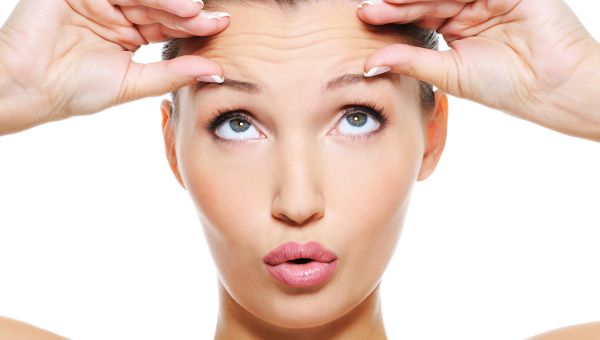
The Promise
Wrinkles, fine lines, brown splotches, red spider veins, rough texture, dull color, dry flakes—all are signs of aging you'd like to wish away. Since wishing doesn't make it so, here's another option: a supplement or vitamin-enriched product that promises to make older skin look young again and to keep young skin from growing old.
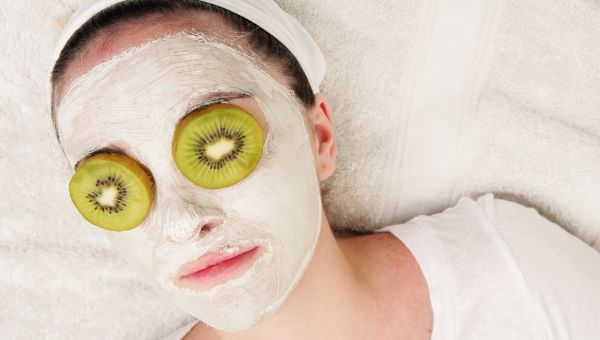
But Do They Work?
Can anything you swallow or swab on skin make it bright, smooth, and supple?
The answer is yes—and maybe. So far, vitamin-based treatments have the lion's share—about 65 percent—of the ginormous cosmeceutical market.

Why Vitamins?
Vitamins are the superstars of the cosmeceutical world for two reasons: One, many are powerful antioxidants that scarf up the destructive molecules called free radicals. Two, some vitamins may help repair the damage to skin structures that has been done by those free radicals.
If you nix enough of those dangerous molecules, can you prevent signs of aging on your face? And can you repair any sun damage you've accumulated by flooding the skin with healing vitamins?
Thanks to a team of UCLA researchers who did a painstaking review of key studies of vitamins, skin, and photoaging, we—and you—now have some answers.

Vitamin C
Vitamin C is essential to building collagen and elastin—the fibers that make skin strong and stretchy. C is also a potent antioxidant, which means it can neutralize troublemaking free radicals. Scientists have shown that not getting enough C each day contributes to wrinkles and dryness.
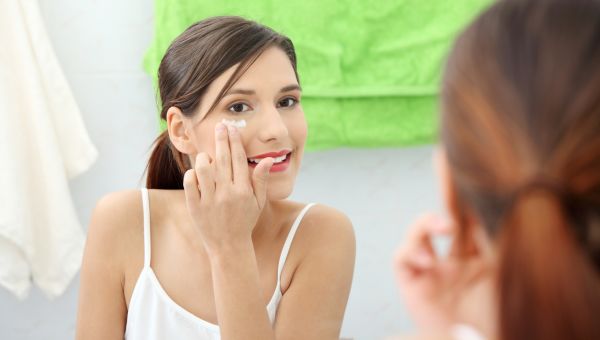
"C" Goes Deep
Putting vitamin C directly on your skin can improve not only wrinkles and dryness but also roughness, broken blood vessels, and sallow skin tone. But there's a hitch: Vitamin C is so unstable that just a bit of sunlight, air, heat or water renders it ineffective. Depending on the formulation, some products may not stay active long enough to do much good.

Vitamin E
Vitamin E might be called the great defender, since it protects cell walls and regulates collagen breakdown. E works best with helper antioxidants like C. Small studies show that swallowing C and E supplements significantly increases the skin's ability to stand up to the sun's UV rays. Rubbing on products that contain a combo of C and E also helps prevent damage when used before sun exposure. Since sun is the #1 skin ager, this is good to know.
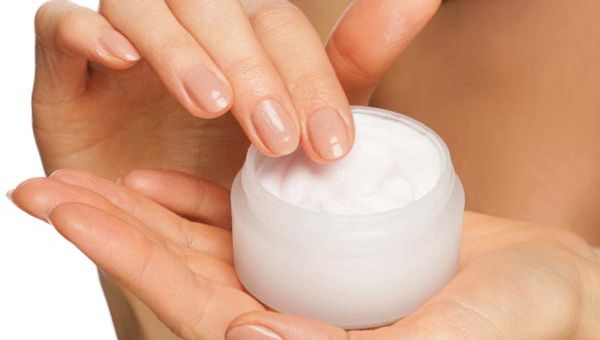
Rx Vitamin A
Vitamin A derivatives, called retinoids, have one of the best track records for reversing many signs of aging and sun damage.
Applying a thin layer nightly of Rx-strength retinoids, such as tretinoin (Renova) or tazarotene (Avage), will thicken the top layer of your skin, build more supporting collagen, soften rough patches, lighten dark blotches, diminish fine wrinkles, and help your skin hold onto moisture.
Unfortunately, it may take 3 or 4 months of daily use for you to see all of these improvements in the mirror. Also, retinoids dry and irritate skin—especially sensitive skin—so you may look worse before you look better.

OTC Vitamin A Cream
Skin care products with nonprescription forms of vitamin A (like retinol) are less expensive than Rx creams, but they also have less research to back them up. There's some evidence that retinol revs up collagen production, though studies of other mild forms of A, such as retinyl esters, have been disappointing.

A Wrinkle-Fighting Pill
One study found that taking a pill combining carotenoids (yes, found in carrots and many orange foods)—which the body converts to vitamin A—with vitamins C and E plus a half-dozen other ingredients, improved skin elasticity. Other studies of a pill that combined vitamins B3, B5, C, E and eight nonvitamins had similar results. But these are small, early studies. Research involving large numbers of people is lacking.
Find out how to get younger looking skin with the Skin RealAge Test.
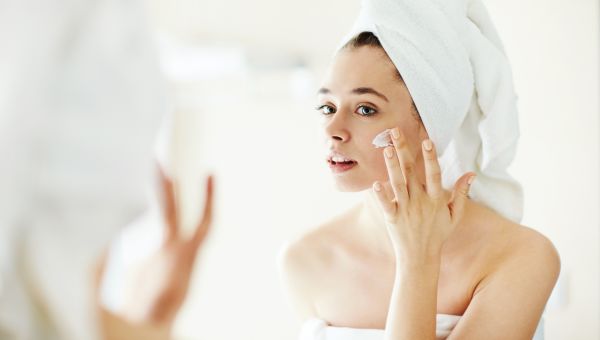
Vitamin B3 (Niacinamide)
Niacinamide is available in several skin care products. A study in which women applied 5 percent niacinamide to half of their face and a placebo potion to the other half found significant improvement in dark blotches, wrinkles, and elasticity on the treated side. Though the results were less impressive than the effects of prescription retinoids, niacinamide didn't cause irritation—a big plus for those who can't tolerate the stronger stuff.

Bottom Line
Even though eating a vitamin-rich diet and taking a multi may not rejuvenate your skin, eating poorly and having a vitamin shortfall will hurt it. Skin that's poorly nourished from the inside shows aging on the surface well before its time.
As for feeding your skin vitamins from the outside—via an antiaging serum, for instance—the UCLA researchers say the evidence in supporting A, C, B3, and E is promising.
While you wait for the next big skin breakthrough, keep up with the 100 percent proven antiagers: Use sunscreen, eat lots of fruits and vegetables, practice stress reduction, and, if you're 27 or older, take this test to figure out just how young—or old—your skin really is.
More On


video

article
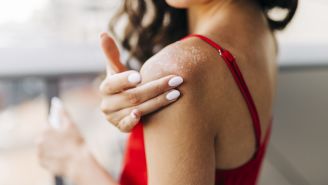
slideshow


video


video
